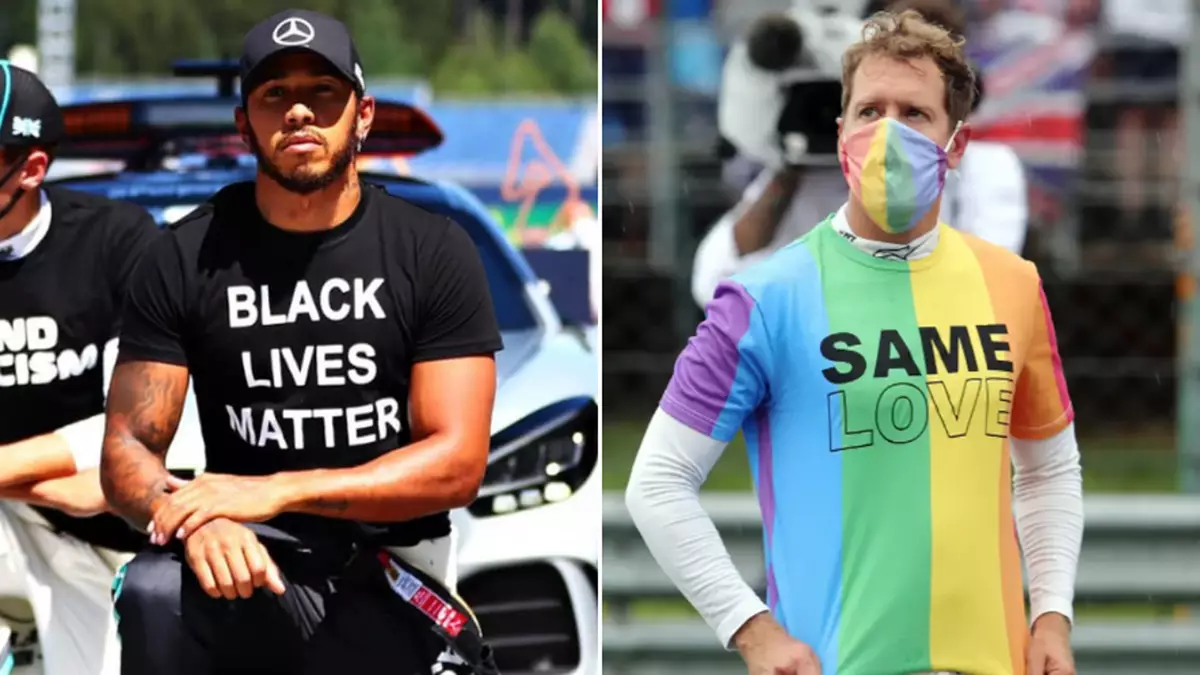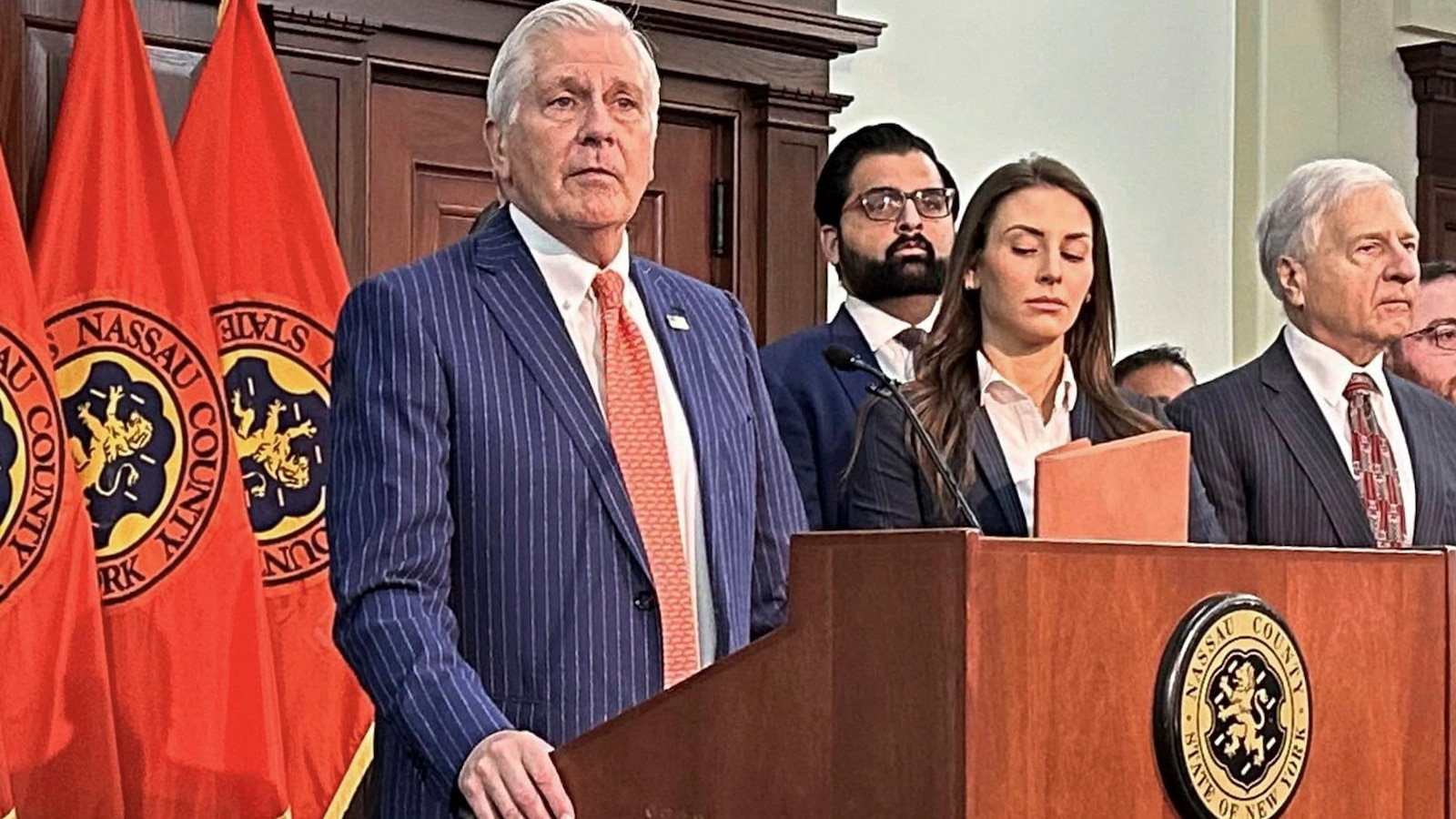Formula One’s Blanket Ban on Political Statements: An in-Depth Analysis
Introduction
Formula One has implemented a comprehensive ban on drivers making political statements at races. This move has sparked significant debate within the motorsport community, with drivers and fans alike expressing mixed reactions. In this blog post, we will explore the various aspects of this ban, examining its motivations, implications, and potential consequences.
Motivations Behind the Ban
The Fédération Internationale de l’Automobile (FIA), the governing body of Formula One, justifies the ban based on the principle of political neutrality. It argues that sport should be free from political messaging and that drivers should not use their platforms to promote personal or political agendas.
The FIA also cites the need to maintain the integrity of the sport and to prevent it from becoming a forum for political debate. It maintains that allowing political statements could create divisions among drivers, teams, and fans, and that it is essential to preserve the sport’s unifying nature.
Drivers’ Perspectives
Many drivers have expressed disappointment and frustration over the ban. They argue that it stifles their freedom of speech and prevents them from using their platforms to raise awareness about important social issues.
Seven-time Formula One champion Lewis Hamilton has been a vocal critic of the ban. He believes that it is essential for drivers to use their voices to speak out against injustice and discrimination. Hamilton has been an active supporter of the Black Lives Matter movement and has worn shirts on the racetrack with messages condemning police brutality.
Implications and Consequences
The ban on political statements has several implications for Formula One. Firstly, it effectively silences drivers who wish to express their views on social or political issues. This could lead to a less diverse and inclusive sport, as drivers may be hesitant to speak out for fear of reprisal from the FIA.
Secondly, the ban could alienate fans who support the drivers’ activism. Some fans may feel that the FIA is silencing their voices by preventing drivers from expressing their opinions.
Thirdly, the ban could damage Formula One’s reputation as a modern and progressive sport. By preventing drivers from speaking out on important issues, the FIA may be sending the message that Formula One is out of touch with the values and concerns of its fans.
Conclusion
Formula One’s blanket ban on political statements is a complex and controversial issue. While the FIA’s desire for political neutrality is understandable, the ban effectively silences drivers who wish to use their platforms to raise awareness about important social issues.
The implications of the ban are far-reaching, and it remains to be seen how it will affect the sport in the long term. Ultimately, the decision of whether or not to support the ban is a personal one for each driver and fan to make.


